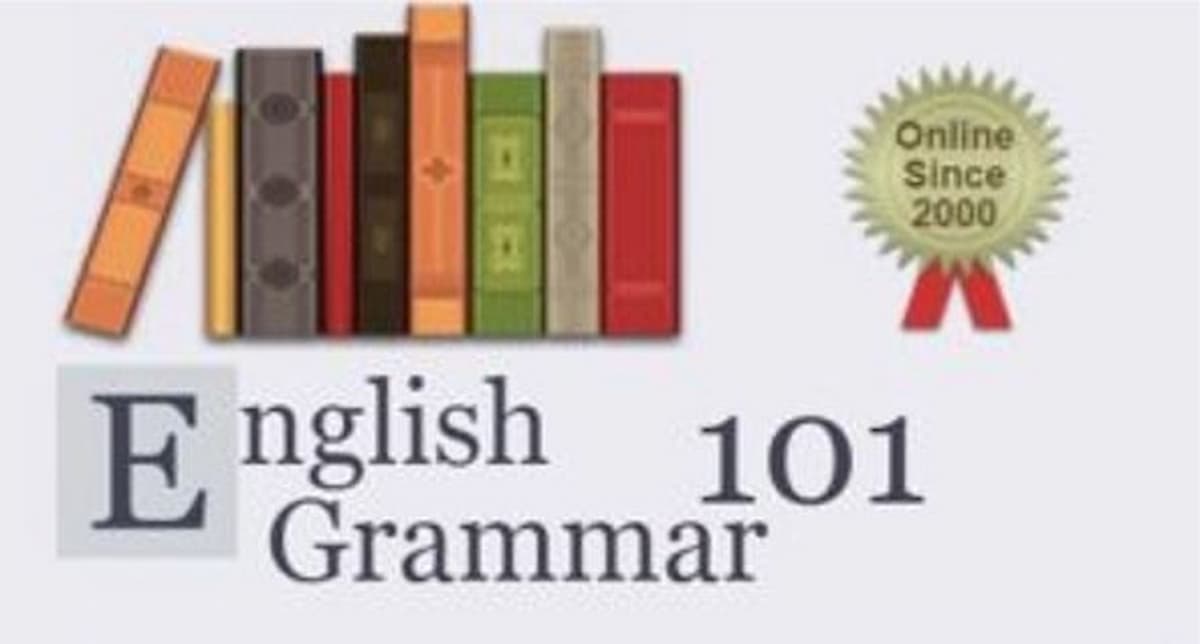
Audience is one of the most integral parts of writing regardless of an author’s skill or proficiency. Whether your students are writing a simple in-class narrative, a piece for a final exam, or a college application essay, their audience determines what kind of voice they want to convey in their compositions. It guides the intent of their writing and determines how complex or how simple the piece should be. It helps them determine what perspective is appropriate to write from, and it provides them with an understanding of what is going to either appeal to or deter their audience.
Identifying Your Audience
The first thing any writer needs to do when beginning a composition is develop a strong understanding of his or her audience. Help your students understand that their audience might be you (their teacher), their friends, their parents, or a complete stranger. Each of these different audiences will perceive what is written in a different way, so with each audience it’s key that students place themselves in the shoes of a defined audience member and think from the perspective of that individual or from the perspective of the audience as a whole.
Understanding What Appeals to Your Audience
You might explain to your students that if they are writing an essay for you, their teacher, you might review their writing for factual accuracy, sensible reasoning and structure, grammar, and a variety of other factors that indicate their technical ability in writing. However, if they are writing something that’s just going to be read by their friends, those friends probably won’t mind a few errors here or there in sentence structure. On another hand, if students are writing to persuade or convince someone, that audience needs to know why they should care. Again, if students are trying to make their audience laugh, students need to know what the audience finds funny. We’re starting to see a pattern here, right?
Questions to Answer About Your Audience
Let your students know they may have to do some thinking or even some research to determine how to craft their writing based on their audience. The following is a great list of questions for your students to ask themselves while brainstorming ideas about their audience:
- Do you only have one audience? Or are you addressing more than one kind of audience?
- What does your audience need to know ahead of time?
- What is it that your audience wants to hear? What is the most important thing to them?
- What is your audience least likely to care about?
- Can you organize your writing in a different way to better appeal to your audience?
- What are some ways in which you might persuade, surprise, or inspire your audience?
- What do you want your audience to think about you? What impression will your writing convey?
It’s really that simple in the end: If your students understand audience, they will know how to most effectively connect with them through their writing.
Read More

English Grammar 101 Alternatives

When You Ask for Analysis but You Get Summary Instead

Establishing Confident Writers Through Creativity and Self-Expression

Brainstorming Through Writer’s Block

Four Steps to Teaching Your Students Adverbs

How to Fire Your Internal Critic

What Just 10 Minutes of Daily Journaling Can Do for Student Writing


